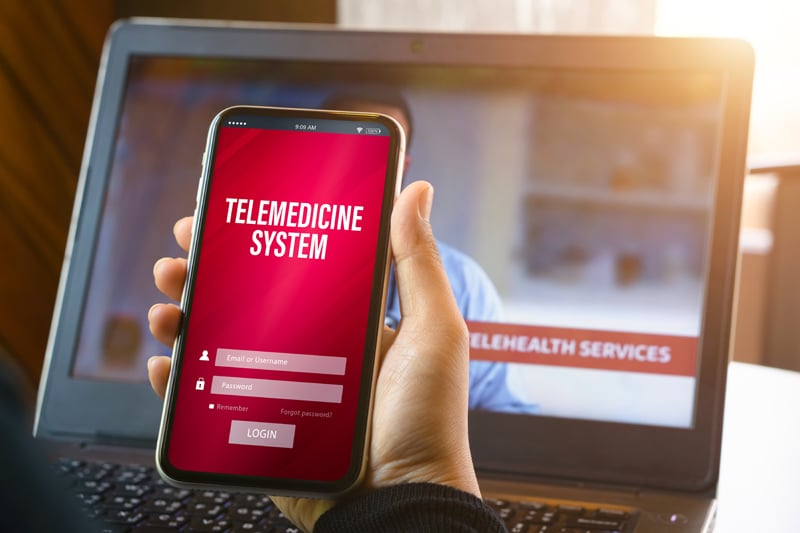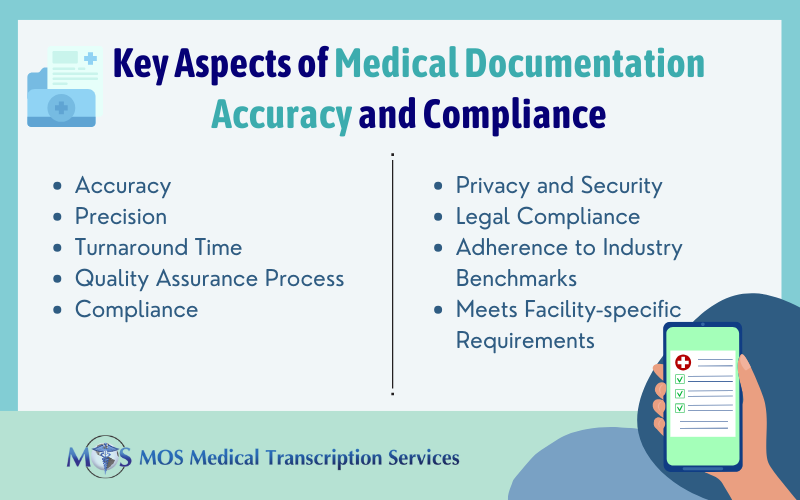
Consideration of patients’ convenience and the availability of smart devices have made healthcare providers turn to electronic communication to consult a patient. Telemedicine is the use of technology to electronically exchange medical information and provide medical services to patients. Telemedicine service has gained popularity and requires accurate documentation of patient records with the help of medical transcription services. It helps doctors to connect with the patient using a phone or other mobile device and is a very useful alternative for patients who stay in remote areas.
Telemedicine is useful for older people who have a higher risk of falling ill. Telemedicine solutions provide a new opportunity for diagnosis, treatment, education, and rehabilitation, and make it possible to monitor patients with a number of chronic diseases. It provides services like monitoring health parameters and vital signs such as heart rate, blood pressure, body temperature, and glucose levels and ensures patient safety.
According to the American College of Emergency Physicians (ACEP), the following are some of the ethical considerations with regard to telemedicine.
- Emergency departments using telemedicine should make it a form of accessible care to the people irrespective of their religion, race, sexual orientation, location or income.
- Emergency departments and hospitals should ensure that their telemedicine systems and practices help maintain utmost privacy and confidentiality of patients under HIPAA requirements. They should also keep their technology and equipment up to date.
- The decisions made during telemedicine relating to patient care, referrals and transfers should be based on the patient’s healthcare needs.
- Standards should be established for telemedicine practitioners and related quality assurance and educational programs must be developed to develop the discipline.
- ACEP would support legislative efforts that would permit single-state licensing being sufficient to practice telemedicine across the United States.
Telemedicine and Emergency Care
At HSHS St. Clare Memorial Hospital, they have emergency department telemedicine program that brings board-certified emergency department physicians to local emergency departments via real time videoconferencing if a doctor or advanced practice provider would like to discuss a case with another emergency room physician. Board-certified emergency physicians at St. Vincent and St. Mary’s Hospitals in Green Bay offer trauma evaluations and specialized assessments for patients, help with triage decisions and in identifying patients for admission to St. Clare Memorial Hospital, eliminating unnecessary transfers to another hospital.
St. Clare Memorial Hospital employs advanced healthcare providers who are experienced in emergency medicine to provide care within their emergency department. They work to the full extent of their education and function independently with minimal oversight and make clinical decisions. They develop a plan of care for patients, and may collaborate with emergency department physicians using telemedicine.
Advantages of Emergency Telemedicine
Telemedicine is useful for patients as well as physicians because with telemedicine physicians can provide accurate and efficient decisions about health care and the real-time video evaluation enhances the ability of trauma specialists to render timely and effective treatment.
For patients, the emergency telemedicine program provides:
- Timely treatment close to home
- Reduced travel time
- Access to board-certified emergency physicians
- Improved quality of care
For physicians, the advantages of emergency telemedicine program are:
- Specialty consults to help make decisions about patient care
- Input from board-certified emergency physicians without having to send patients to Green Bay
- Educational opportunities and mentoring
- Increased efficiency
- Improved patient outcomes
Telemedicine can ensure better patient care and support and the conversation between the patient and doctor can be documented with the help of professional medical transcription services. However, this health care system can be useful only for non-emergency diseases and not for emergency situations.


